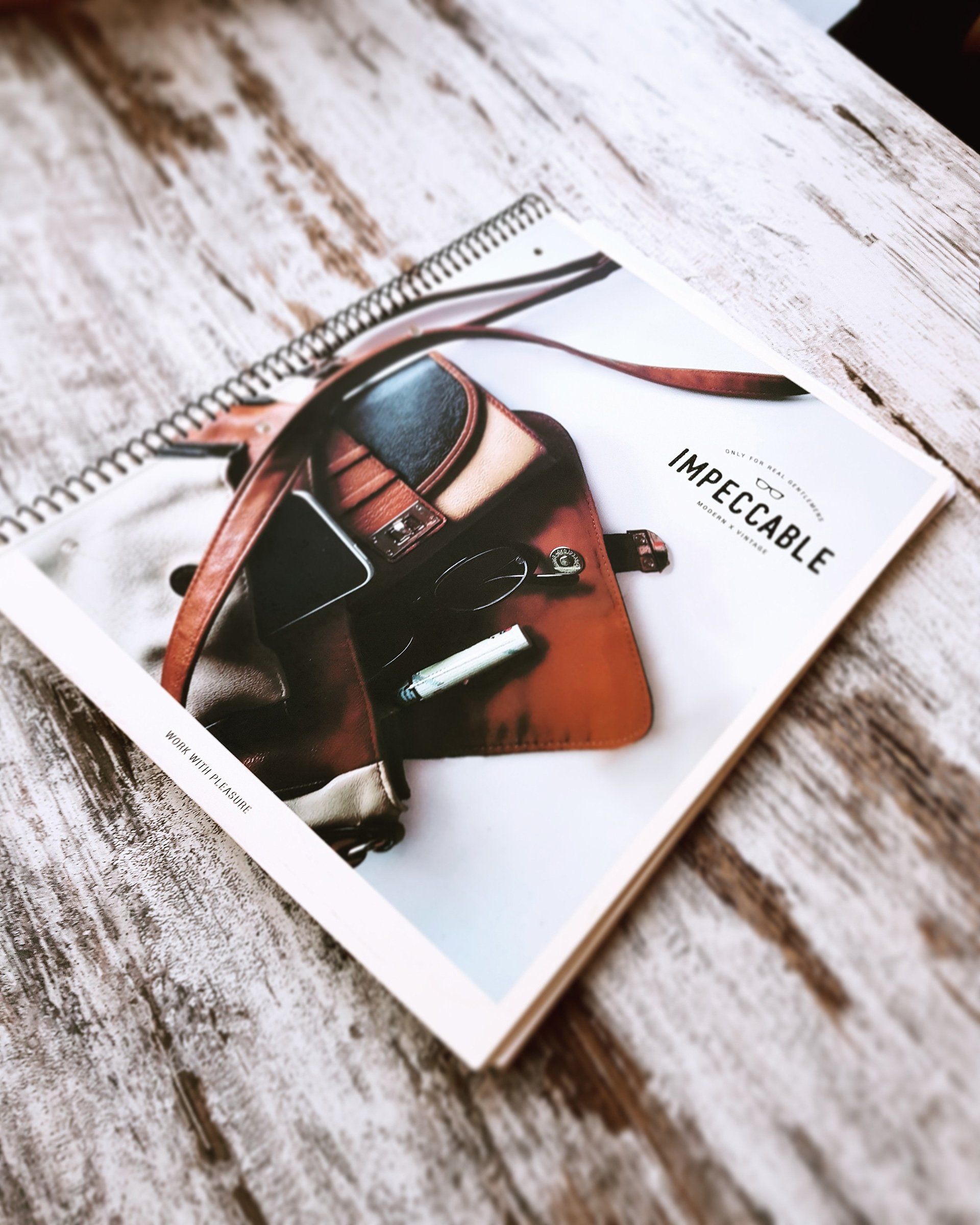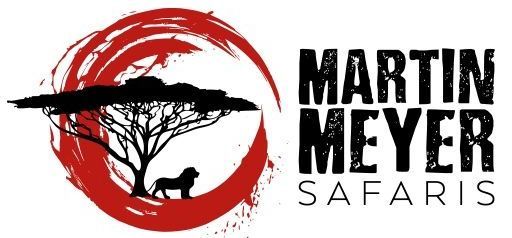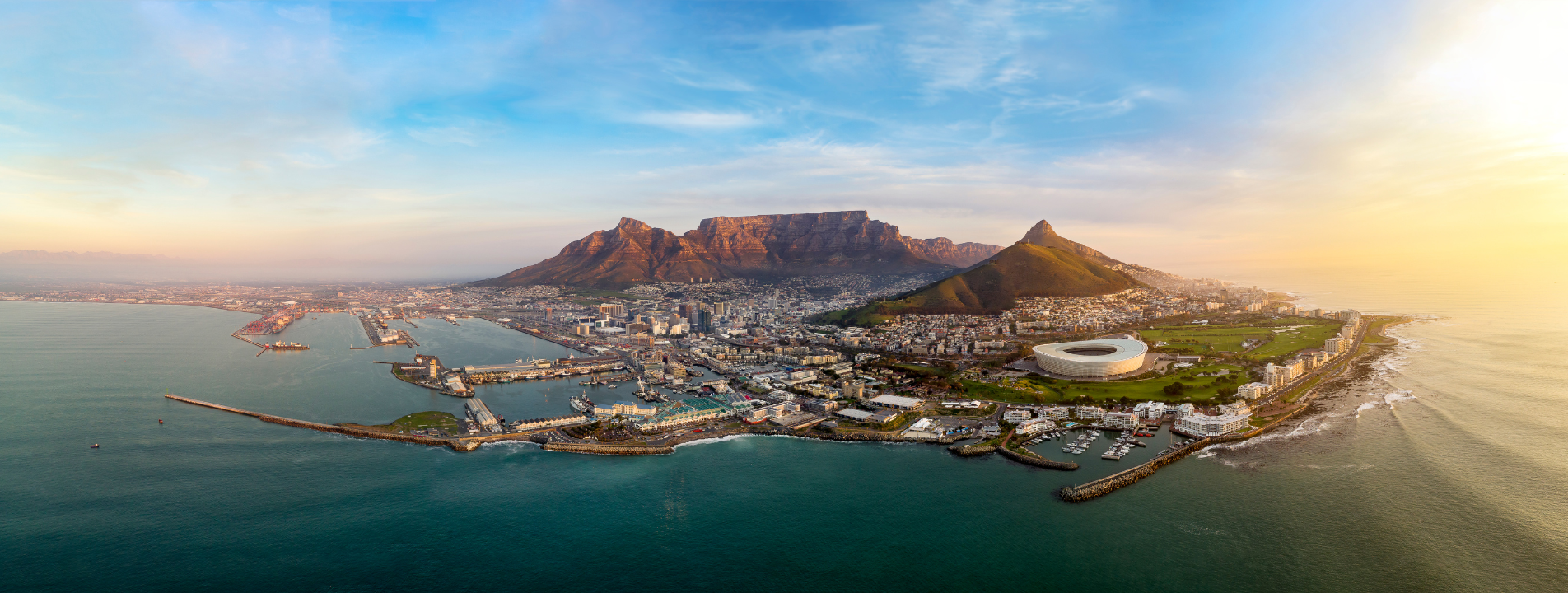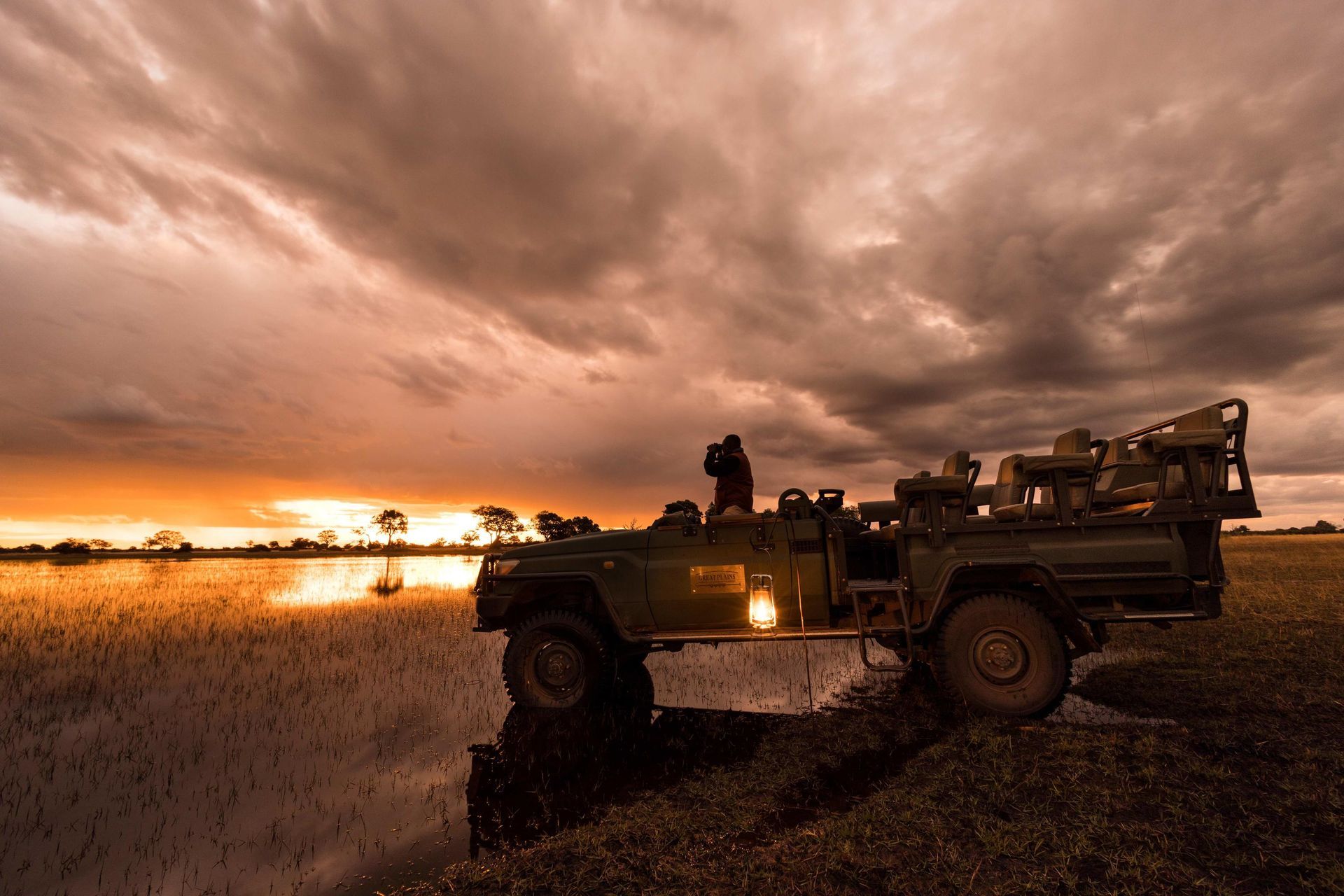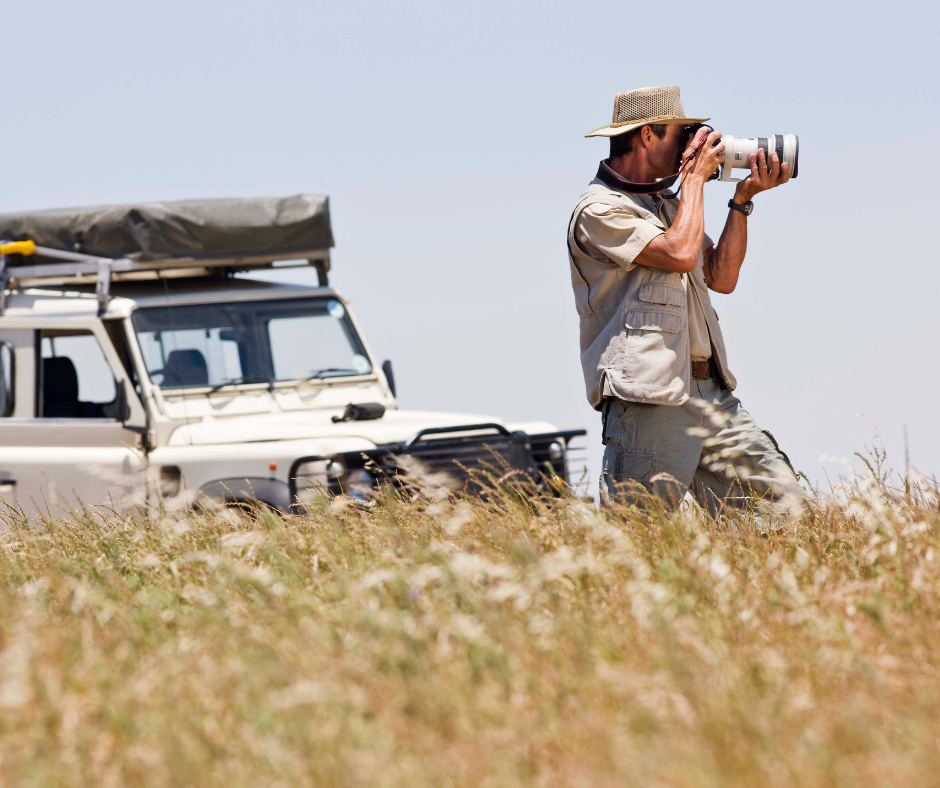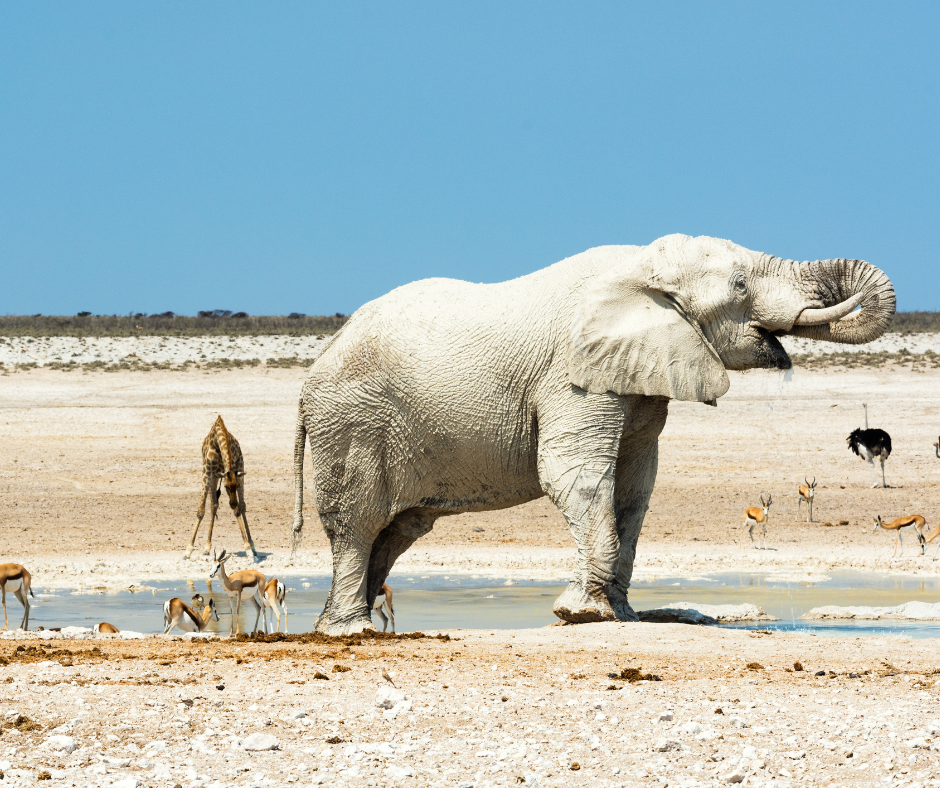Gorillas vs. Chimps: Which Primate Trek Is Right for You ?
Primate Trekking in Africa: What to Expect in 2026

Few wildlife experiences on Earth compare to standing just metres away from a wild silverback gorilla or hearing the echoing calls of chimpanzees as they leap overhead. In 2026, primate trekking is expected to surge in popularity as more travellers seek meaningful, immersive, and conservation-driven safaris.
With Martin Meyer Safaris, you can explore East and Central Africa’s lush rainforests in search of our closest living relatives. But should you choose a gorilla trek or a chimpanzee trek?
Let’s break down the differences, logistics, and unforgettable moments of each — so you can make the best decision for your 2026 safari.
5 Key Takeaways
- Gorilla trekking is ideal for once-in-a-lifetime, emotional encounters with critically endangered mountain gorillas in the wild — expect high costs, demanding hikes, and soul-stirring moments.
- Chimpanzee trekking offers more affordable, fast-paced adventures with highly social primates — perfect for travellers who want lively forest encounters and shorter treks.
- Uganda and Rwanda remain top destinations to combine both treks in a single itinerary, with improved infrastructure and seamless access in 2026.
- Your permit directly funds conservation, helping protect dwindling populations of great apes and preserve the forest ecosystems they depend on.
- At Martin Meyer Safaris, we curate custom primate journeys that suit your fitness level, travel goals, and conservation values — with expert guidance every step of the way.

Gorilla Trekking: A Profound Wildlife Encounter
Where to Go Gorilla Trekking in 2026
- Rwanda – Volcanoes National Park: The most accessible and luxurious option. Rwanda offers exceptional infrastructure, high-end lodges, and well-managed gorilla groups.
- Uganda – Bwindi Impenetrable Forest & Mgahinga National Park: A more rugged, adventurous experience. Uganda’s forests are denser and more physically demanding, but equally rewarding.
- Democratic Republic of Congo – Virunga National Park: For intrepid travellers, the DRC offers the most affordable permits but comes with political instability and logistical challenges.
Gorilla Trekking Permit Costs in 2026
- Rwanda: $1,500 per person
- Uganda: $800 per person
- Congo: ~$400 per person (subject to security conditions)
What the Gorilla Trekking Experience Is Like
Trekking times range from 1 to 6 hours, depending on where the gorilla family is located that day. Once you reach them, you’ll spend a magical hour observing a fully habituated group — watching young gorillas tumble and play, mothers cradle their babies, and dominant silverbacks stand guard.
Expect small groups of just 6 to 8 trekkers, and a deeply quiet, reverent atmosphere. You’ll often hear only the crunch of leaves, the grunts of gorillas, and your own heartbeat.
Martin’s Top Tip:
“Train a bit beforehand — these aren’t flat walks. The terrain is steep and slippery, especially in Bwindi. But kneeling before a gorilla family is truly indescribable. It stays with you forever.”
Antje’s Top Tip:
“Bring gloves! They help when pushing through thick vines and protect your hands from stinging nettles.”
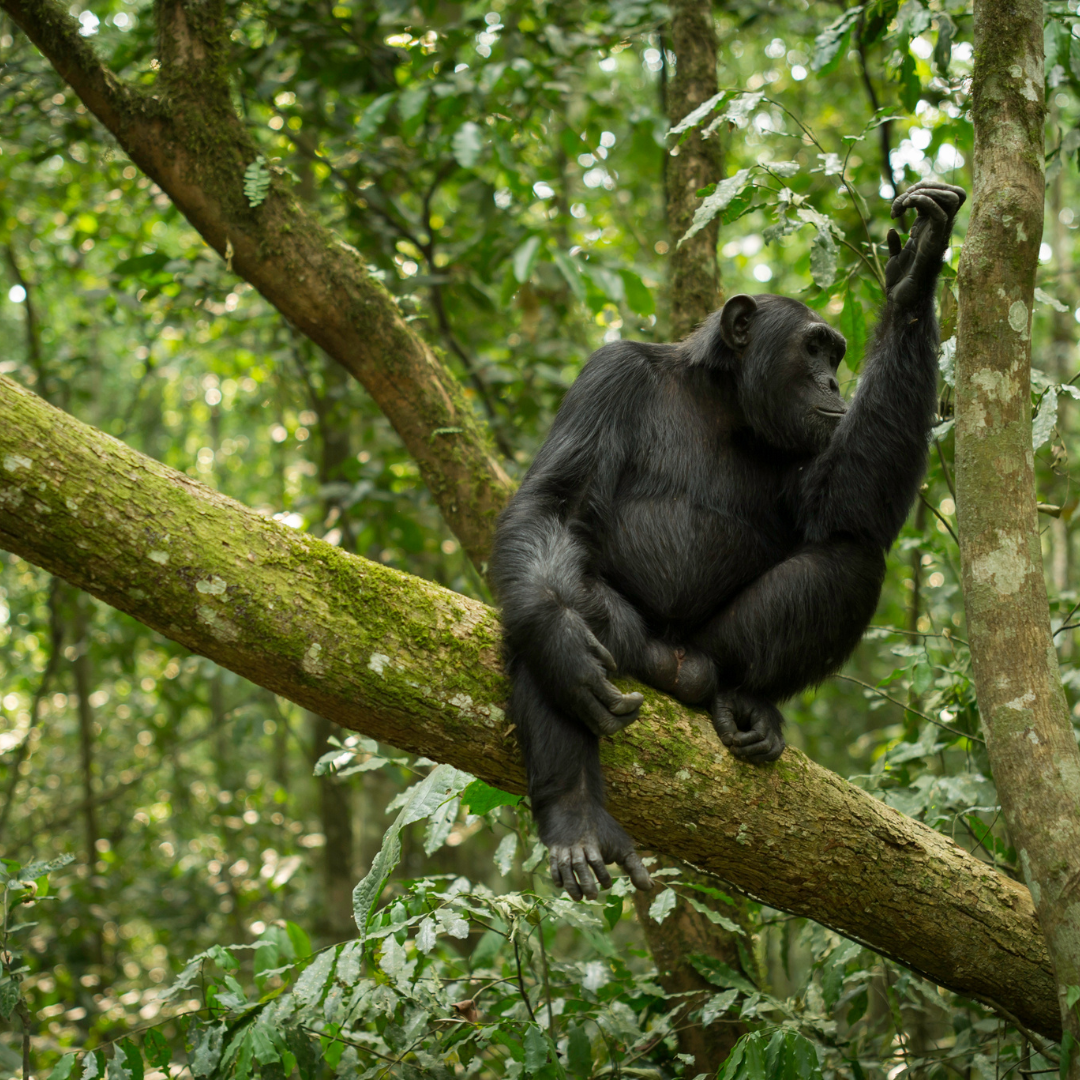
Chimpanzee Trekking: High-Energy Forest Adventures
Where to See Chimps in the Wild in 2026
- Uganda – Kibale Forest National Park: The premier location for chimp trekking. With over 1,500 individuals, sightings are almost guaranteed.
- Tanzania – Mahale Mountains & Gombe Stream: Remote and spectacular. Think beaches, mountains, and legendary chimp populations made famous by Jane Goodall.
- Rwanda – Nyungwe Forest National Park: A great add-on if you’re already in Rwanda for gorillas.
Chimpanzee Trekking Permits in 2026
- Uganda: $250 per person
- Tanzania: $100–$150 per person (plus park fees)
- Rwanda: ~$90 per person
What It’s Like to Trek with Chimps
Chimpanzee treks are typically shorter and less physically intense, ranging from 30 minutes to 3 hours. But the pace picks up once you find them! Chimps are highly mobile, vocal, and theatrical — you'll likely witness tree-leaping acrobatics, dramatic social displays, and intricate grooming sessions. Groups are larger, and the action can be unpredictable. It feels like a forest chase led by chaos and charisma.
Martin’s Top Tip:
“Chimp trekking is wild! It’s noisy, exciting, and full of movement. Don’t expect to sit still — you’ll be on the move with them.”
Antje’s Top Tip:
“Keep your camera ready. Chimps don’t wait for a photo-op. Those brilliant moments are gone in seconds!”

Gorilla vs. Chimp: Side-by-Side Comparison for 2026
| Factor | Gorilla Trekking | Chimpanzee Trekking |
|---|---|---|
| Cost | High (US$ 800-500) per permit | Affordable (US$90 -250) per permit |
| Physical Effort | Moderate to high (Steep humid terrain) | Low to Moderate (Shorter Distances) |
| Experience | Soulful, Calm & Intimate | Energetic, Social, Dramatic |
| Group Size | 6-8 Trekkers | Up to 16 Trekkers |
| Top Locations | Rwanda, Uganda | Uganda, Tanzania, Rwanda |
| Photography | Easier (slower movement)) | Challenging (fast-paced) |
| Conservation Impact | High-profile species, critical funding | Essential for forest protection |
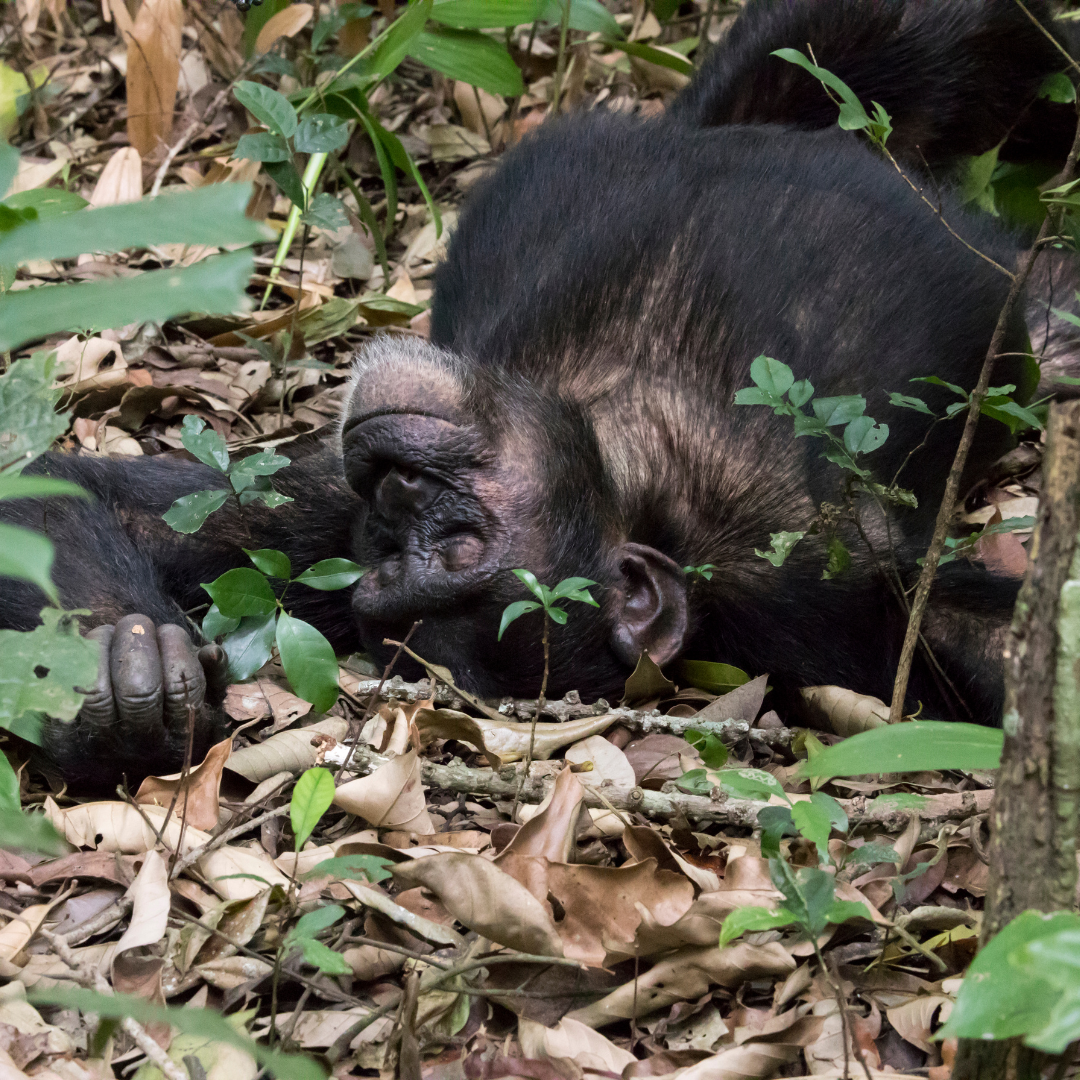
When to Go Primate Trekking in 2026
Best Time of Year
- Dry Seasons: June–September and December–February are ideal. Trails are drier, sightings more reliable.
- Green Seasons: March–May and October–November offer lush scenery and fewer crowds, though trails can be slippery and sightings less predictable.
What to Pack for Your Gorilla or Chimp Trek
- Sturdy, waterproof hiking boots
- Long-sleeved shirts and trousers for protection
- Lightweight rain jacket
- Gloves (especially for gorilla treks)
- Camera (no flash!)
- Reusable water bottle and energy snacks
- Day backpack
- Walking stick (often provided by guides)
- You are able to "rent" gaiters from the lodges to protect your legs
Conservation Matters: How Your Trek Makes a Difference
Your trekking permit isn’t just access — it’s conservation in action.
- Gorilla trekking funds vital anti-poaching patrols, community projects, and health programs for gorillas.
- Chimpanzee permits support forest conservation, ranger salaries, and education for local communities.
Every step you take on these forest floors helps protect the species you came to see.
Combine Gorillas & Chimps in One Safari
Can’t decide? Why not do both?
In 2026, improved road and flight infrastructure across Uganda and Rwanda makes it easier than ever to combine gorilla and chimp treks in one seamless itinerary.
Popular Combinations:
- Uganda: Bwindi Impenetrable Forest (gorillas) + Kibale Forest (chimps)
- Rwanda: Volcanoes National Park (gorillas) + Nyungwe Forest (chimps)
- Tanzania: Combine Mahale chimps with classic Serengeti game drives for the ultimate wildlife immersion
If you seek a deeply emotional, quiet communion with a gentle giant, then gorilla trekking will exceed every expectation. If you’re drawn to fast-moving, high-energy forest drama, then chimpanzees might be your match.
Or better yet — choose both.
At Martin Meyer Safaris, we specialise in privately guided primate safaris that align with your interests, pace, and passion for conservation. With decades of experience in East Africa, our team ensures every detail is thoughtfully planned — from your lodge to your permits to your pacing.
Book a complimentary safari consultation call now!
Is gorilla trekking harder than chimp trekking?
Yes. Gorilla treks are longer and steeper. Chimps may be easier to reach but more active once located.
What’s the minimum age for trekking?
For gorillas, 15 years old. For chimpanzees, typically 12 years old. This varies from region to region
Can I do both treks in one trip?
Absolutely. Uganda and Rwanda make this very doable — and unforgettable.
Can I take photos during the trek?
Yes, but no flash allowed. Bring a zoom lens and quick shutter speed, especially for chimps.
Which species is more endangered?
Mountain gorillas are critically endangered with only around 1,000 left. Chimps also face threats, but gorillas are in more immediate danger.
Frequently Asked Questions
Have you always dreamed of going on safari but don't know where to start ?
We offer a complimentary 1 hour safari consultation call to simplify the process.

